After the FTSE Russell rating organization officially announced the upgrading of Vietnam from a frontier market to a secondary emerging market, British scholars and media on October 8 had positive assessments on this issue.
Vietnam has been upgraded to emerging market status for the first time by an index provider, the Financial Times reported, a move that could attract billions of dollars in investment into the domestic stock market.
In its decision to upgrade Vietnam to the list of secondary emerging markets, which includes China, India and Indonesia, FTSE Russell - one of the world's leading index providers, highlighted Vietnam's improvements in transaction settlement.
The newspaper stressed that the upgrade from a frontier market to a secondary emerging market comes at an important time for Vietnam, which is becoming a key link in the global supply chain.
The Financial Times quoted Ms. Wanming Du, Head of Asia -Pacific Index Policy at FTSE Russell, as saying that the upgrade is expected to be a structurally positive move for Vietnam's capital market, reinforcing Vietnam's progress towards greater openness, improved liquidity and deeper institutional participation.
Mr. Bill Hayton, research fellow of the Asia Program at the Royal Institute of International Affairs Chatham House, also said that the upgrade is very meaningful for Vietnam, a step towards being considered an international economy .
According to the Financial Times, Vietnam has been on FTSE Russell's upgrade watchlist since 2018 and has implemented a series of market reforms to meet the criteria.
Vietnam has significantly loosened regulations to make it easier for foreign investors to trade and removed some foreign ownership limits.
Despite a sharp sell-off after US President Donald Trump imposed tariffs, the Ho Chi Minh City Stock Index has risen 35% this year, making it one of the best-performing markets in Asia. The index rose 1.7% in early trading on October 8 after the upgrade announcement.
Investors say the government's shift toward more business-friendly policies after the US president imposed tariffs has helped bolster confidence in the stock market.
Mr. Ruchir Desai, fund manager at Asia Frontier Capital, commented that Vietnam is really making efforts to improve the situation, implementing practical reforms, focusing more on the private sector, spending more on infrastructure and domestic investment.
Meanwhile, Associate Professor, Dr. Ho Quoc Tuan, University of Bristol (UK), said that the fact that Vietnam was ranked by FTSE Russell for the first time as a secondary emerging stock market along with China, India, Indonesia and the Philippines, can be considered a historic milestone, marking a new page in the history of the Vietnamese stock market.
Associate Professor Ho Quoc Tuan pointed out that FTSE Russell's recognition that Vietnam has "met all the criteria for secondary emerging market status under FTSE's National Equity Market Classification Framework" is very important.
He quoted FTSE Russell's Global Policy Director, David Sol, as noting that the upgrade of Vietnam's market reflects the serious implementation of important market infrastructure improvements.
Associate Professor Ho Quoc Tuan also cited FTSE Russell’s decision that Vietnam would be reclassified from a frontier market to a secondary emerging market, expected to take effect from September 21, 2026, but would need to undergo an interim review in March 2026. This is to determine whether Vietnam has made “sufficient progress” in allowing access to global brokerage firms. However, he noted that sufficient progress is needed, not perfection, as this is not a mandatory criterion for upgrading.
He also noted that with each re-evaluation of market standards, it is important not to just look at upgrading but to be careful not to be subjective and lose the standard, possibly being downgraded from emerging market to frontier market. Downgrades have happened to many countries, some of which have been downgraded from developed markets to emerging markets and have taken decades to return to the developed market group, with Greece being the most recent example.
According to Associate Professor Ho Quoc Tuan, the upgrade is just the first step of a new, long journey. The upgrade can help impact psychology and partly offset the net selling of foreign investors (since the beginning of the year at 107,000 billion VND, equivalent to 3.9 billion USD), but all developments of the Vietnamese stock market will mainly rely on cash flow from domestic resources./.
Source: https://www.vietnamplus.vn/truyen-thong-anh-danh-gia-tich-cuc-ve-viec-ttck-viet-nam-duoc-nang-hang-post1069046.vnp



![[Photo] Prime Minister Pham Minh Chinh chairs the Conference to deploy the National Target Program on Drug Prevention and Control until 2030](https://vphoto.vietnam.vn/thumb/1200x675/vietnam/resource/IMAGE/2025/10/09/1759990393779_dsc-0495-jpg.webp)

![[Photo] Prime Minister Pham Minh Chinh chairs a meeting of the Government Standing Committee on overcoming the consequences of natural disasters after storm No. 11](https://vphoto.vietnam.vn/thumb/1200x675/vietnam/resource/IMAGE/2025/10/09/1759997894015_dsc-0591-jpg.webp)


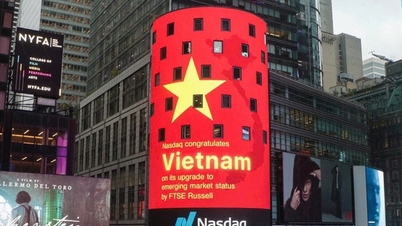

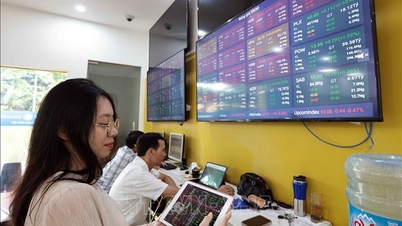




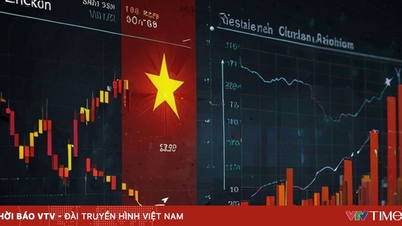







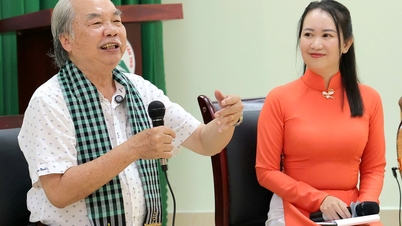









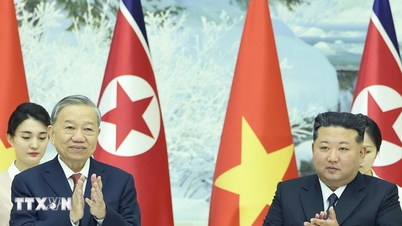
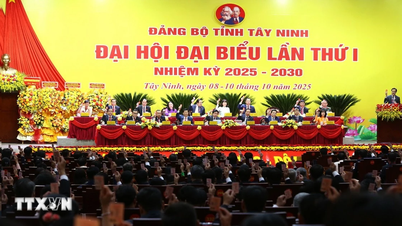
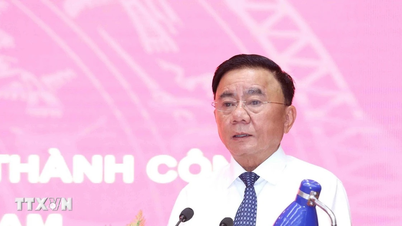
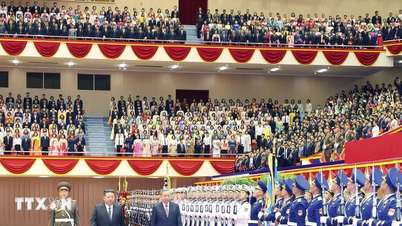























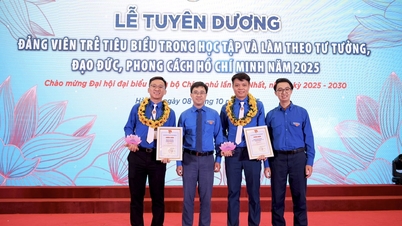
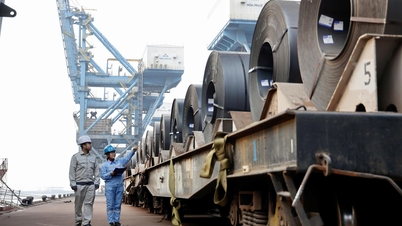









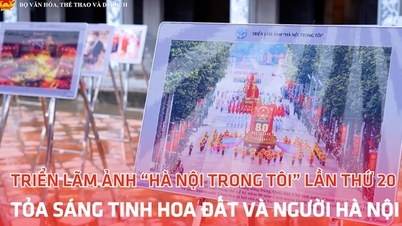






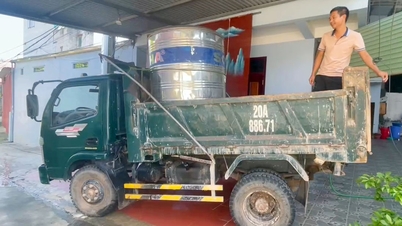





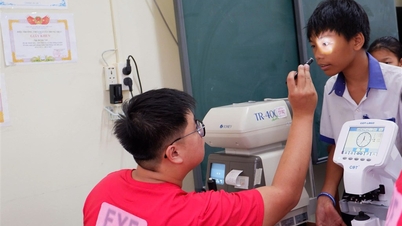














Comment (0)